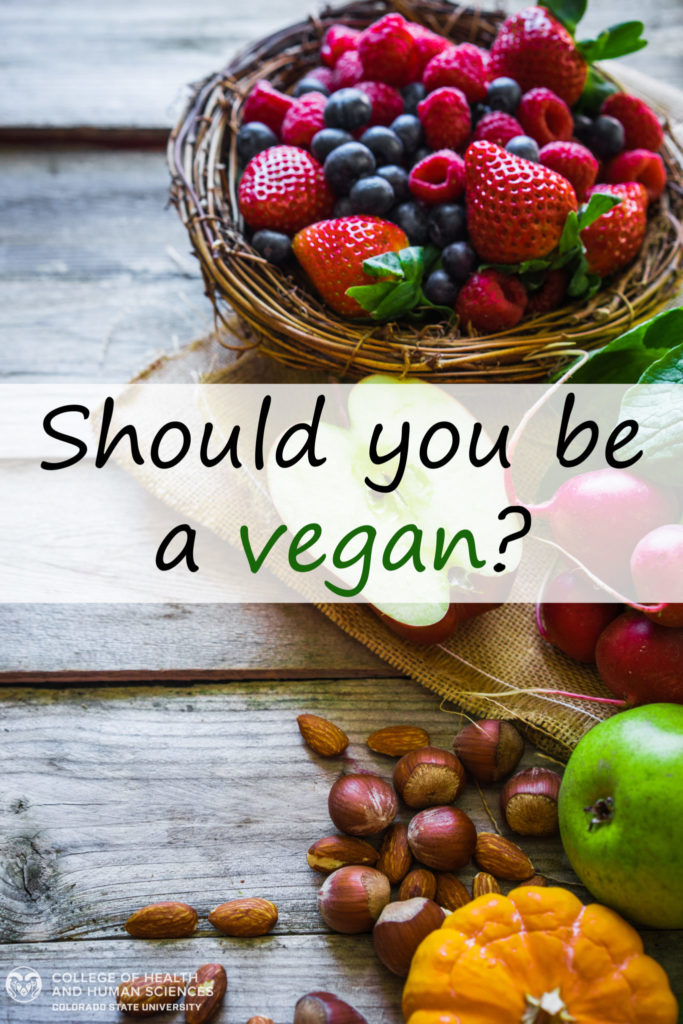The recent documentary, What the Health, is a success in terms of promoting veganism, but unfortunately it relies on opinions, misleading statements and over-stated research to deliver its message and ulterior motives. It leads us to think, do we all need to be vegan to save our health?
Kendall Reagan Nutrition Center supports a vegan diet as one of many healthy eating pattern options. KRNC believes that we—and our environment—would benefit if we ate more plants and less meat. Regardless of whether you choose to eat meat or not, there are many health and environmental benefits to eating more plant foods. Whole plant foods supply the body with important vitamins, minerals, phytochemicals, antioxidants and fiber.
While vegan diets can be healthy, “vegan” in and of itself does not imply a healthy diet. A diet void of animal products can still be full of processed foods and poor nutrition. Also, restrictive diets like the vegan diet can put someone at risk for nutrient deficiencies.
A well-planned vegan diet rich with whole, unprocessed plant foods can be a healthy diet for many people, however not all will do well with this eating pattern. What the Health takes a very polarized one-size-fits-all approach and neglects the fact that nutrition is unique to the individual and some people do well with meat while others do not. Strict adherence to a vegan diet is not essential for health and disease prevention. Meat, fish, eggs and dairy can be a part of a healthy diet. The Mediterranean diet—a largely plant-based diet that includes some animal products— is known to be effective for disease prevention and management.
Benefits of plant-based eating patterns
When compared to the standard American diet, plant-based diets including Mediterranean eating patterns are generally characterized by greater intakes of whole plant foods and lower intakes of
meats and sweets. These eating patterns emphasize fruits, vegetables, whole grains, legumes and nuts and seeds; plant foods that all contribute unique nutrition to aid in disease risk reduction. Several studies looking at plant-based diets have shown lower low-density lipoprotein (LDL) cholesterol levels (bad cholesterol), lower blood pressure and lower rates of hypertension. The Mediterranean diet is linked to reduced risk for heart disease, diabetes and other chronic diseases.
Click here to learn more about KRNC’s science-based opinion on the claims made in the film.
For delicious recipes, nutrition tips, and to find cooking and nutrition classes, go to the Kendall Reagan Nutrition Center website. More great info is also available at the College of Health and Human Sciences Pinterest board.